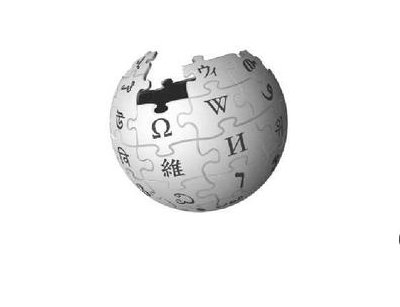The Wikimedia Foundation, the non-profit that operates Wikipedia, has stopped using domain-registrar services by Go Daddy, siting the hosting company’s past support of the controversial Stop Online Piracy Act (SOPA) legislation the US Congress considered in December and January.
On Friday, Wikimedia completed migration of its entire domain portfolio to its new registrar – San Francisco-based MarkMonitor, the organization’s legal counsel Michelle Paulson announced in a blog post.
“We had been deliberating a move from Go Daddy for some time — our legal department felt the company was not the best fit for our domain needs — and we began actively seeking other domain management providers in December 2011,” Paulson wrote.
“Go Daddy’s initial support of the Stop Online Piracy Act (SOPA), the controversial anti-piracy legislation in the U.S. House of Representatives, reaffirmed our decision to end the relationship.”
Wikimedia and Go Daddy representatives did not respond to requests for comment in time for publication.
The transfer was seamless and no Wikimedia website experienced any service interruptions or other issues.
Go Daddy, which participated in crafting the SOPA, pulled its support of the legislation following loss of a number of customers and general backlash from the Internet community that was angry at the company for supporting the bill.
In December, the company’s CEO Warren Adelman said Go Daddy had been working with lawmakers to craft revisions to the legislation, “but we can clearly do better.”
“It's very important that all Internet stakeholders work together on this,” he said. “Getting it right is worth the wait. Go Daddy will support it when and if the Internet community supports it.”
Wikimedia says its collection of 10 web properties is the fifth most visited in the world. Its websites include Wikipedia, Wiktionary, Wikimedia Commons and MediaWiki, among others.
SOPA was criticized by many companies and individual Internet users for proposing too draconian of a set of measures that would harm future development of the Internet by curtailing the avenues for innovation online and by harming freedom of expression the Internet has fostered.
The legislation failed to gather enough support from the legislative committee it was assigned to, but has not been killed. Legislators and industry stakeholders have said they will revise the legislation to re-introduce it in the future.

